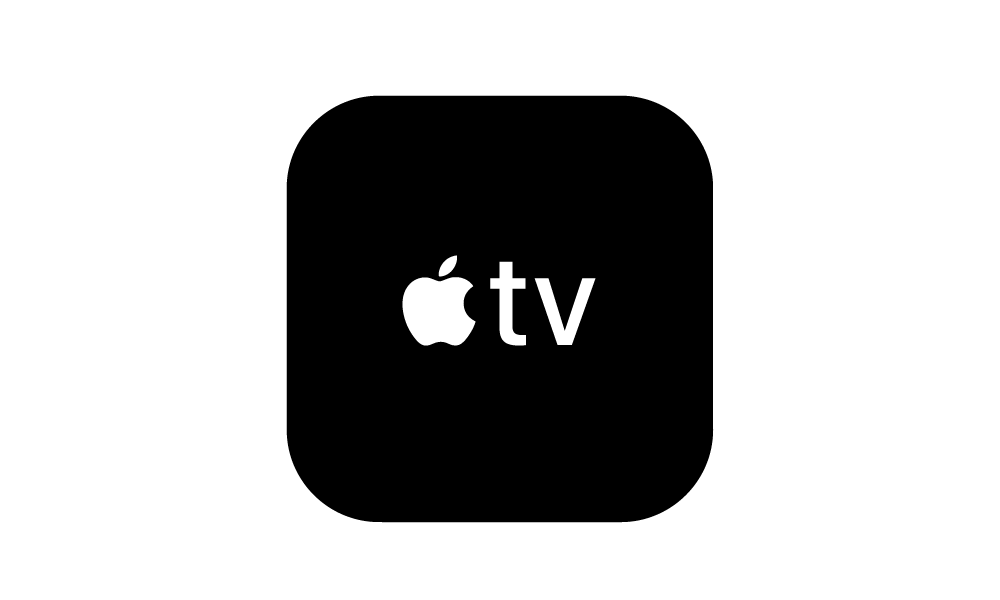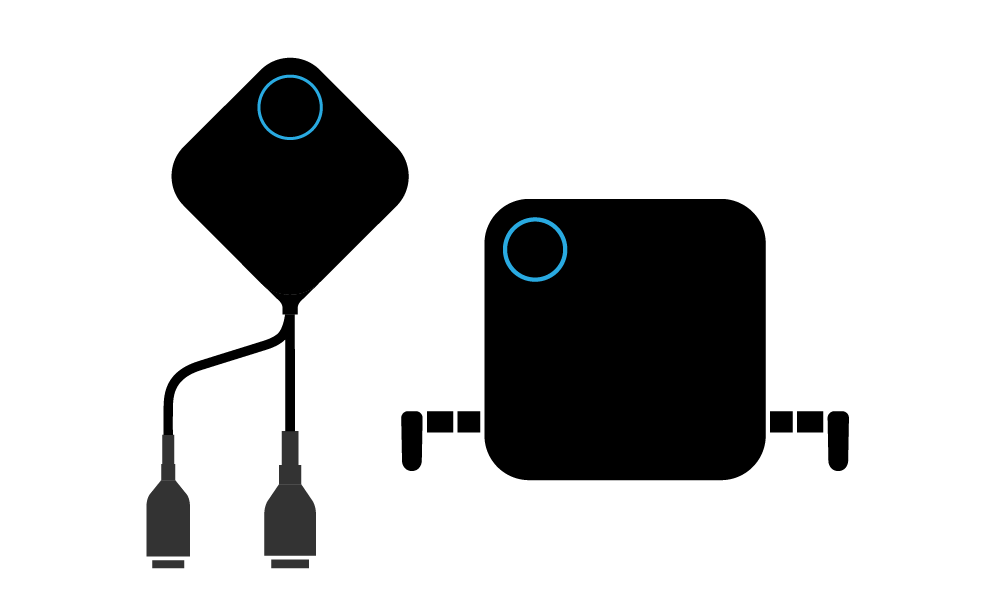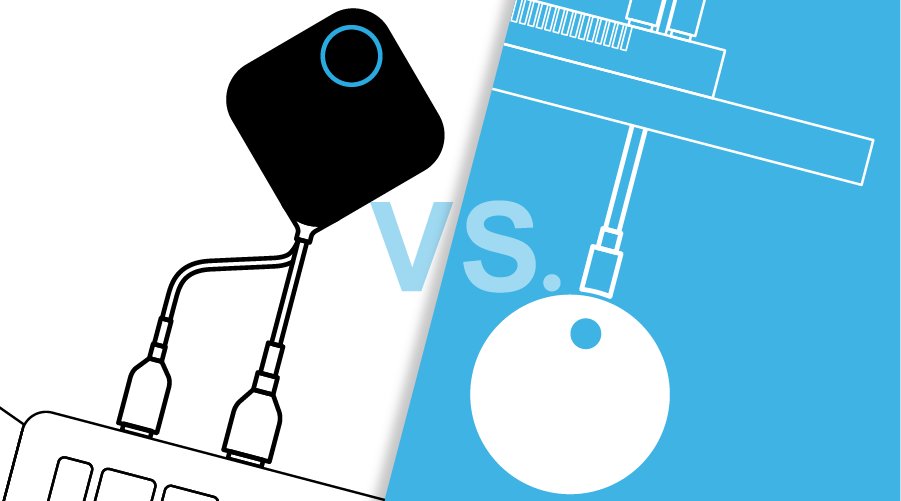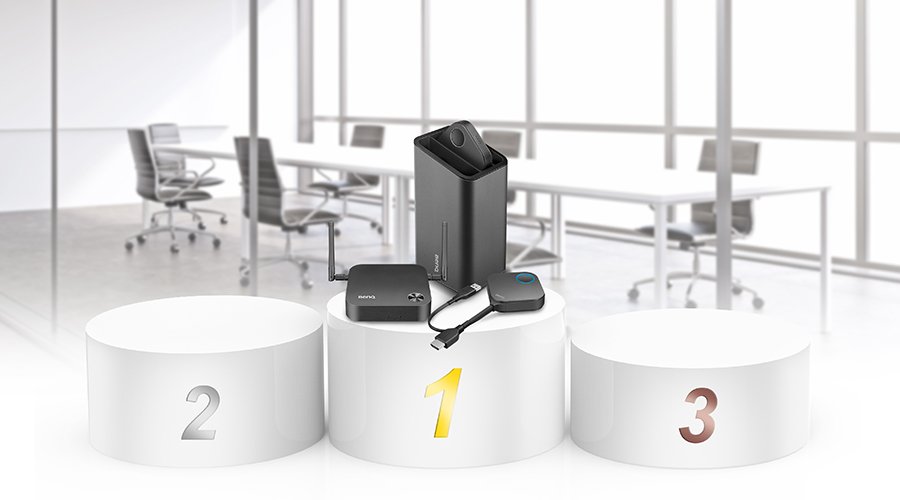Since its introduction in 2007, Apple TV can be found in millions of homes - and has recently begun to be used in conference rooms. The system uses Apple’s AirPlay proprietary protocol technology, which allows devices to use Apple TV to display content from Mac notebooks, iPad's, and iPhones on a conference room display. With the rapid growth in screen mirroring solutions being used in meeting rooms and huddle spaces over the last few years – how does this solution compare with a commercial wireless presentation device such as the BenQ InstaShow? This article looks at how these two systems handle typical setups in collaboration rooms and huddle spaces.
Apple TV and BenQ InstaShow were designed for different purposes. The various models of Apple TV that use AirPlay were primarily designed as a consumer product to enable wireless streaming content such as movies in the home using built-in links to services such as iTunes and Netflix.
The BenQ InstaShow is a wireless presentation system and was designed for business users to enable multiple presenters to quickly wireless presentations to tv or projector by plugging a button into their device instead of a traditional cable.
Both systems can be used in a conference room or huddle space, and do a good job of displaying presentations and videos from computers and tablets. The biggest difference between the two is that the InstaShow is designed to work for all types of computers, mobile devices, and AV devices such as media players, while the Apple TV will only work with Apple devices. However, the Apple TV comes with a wide variety of streaming content that makes it easy to connect to content such as YouTube and ESPN videos without using a computer. For organizations that rely exclusively on Apple products, the Apple TV has a "Conference Room" mode that enables presenters to use AirPlay to connect to a shared TV or projector in a meeting.
To compare these systems, we will look at the areas important to both the IT staff and meeting room users and draw the final conclusions.






